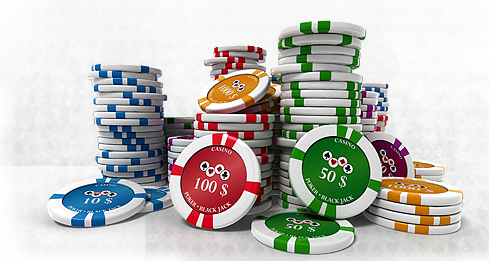Practice won’t make you perfect unless you practice the right way. Take note of a few areas where you need to get it right for poker!

If you went through the lengthy process of choosing the right poker table for your Friday nights with friends and you finally purchased it, you probably already know pretty well the game, but do you really master it? Can you emulate the deeds of the pros the likes of Eric Seidel or Daniel Negreanu? The old adage of “practice makes perfect” may not always be true. For the right kind of results, you need to have the right kind of practice. It’s easy to pick up bad habits when there’s no one to guide you. And in most cases, it does happen. Intelligent curriculum design is what you need to advance your poker strategy efficiently and effectively. To stay afloat in a competitive environment, you need to keep playing and studying the right sources. Here are five key areas to focus on.
Memorizing The Ranges
Memorize your starting hands to save time for something more crucial, like reading your opponents’ moves. Having accurate knowledge about your ranges is a precondition to more advanced strategy topics like figuring out who hits the flop harder. Above all, memorizing is a great thing to enhance your brainpower. This will give you confidence as you proceed in the game, and you are less likely to make a blunder.
Calculating Pot Odds
A quick calculation of pot odds is a skill in itself. You don’t want to be caught in a situation where you are practicing it at the layout. Calculate your odds, as you filter for hands in your database and flip through them. Either use the paper/pen mode or the calculator, whichever suits your style. Do it repeatedly to get faster over time. You don’t have to cent percent accurate, but close enough to make the deal.
Equity Estimation
Equity is the probability of winning a hand. Commence with pre-flop situations such as deciding whether to call the 5-bet when you have 4-bet or to call a short stack jam. On the other hand, it could be post-flop considering a semi-bluff jam or an all-in call. Figure out if you have enough equity to make it profitable. Keep advancing your strategy, and evaluate the strength of your hand. Use the poker ranger tool to keep track of your overall score, and repeat the drill over time to improve your scores.
Analyze the Opponent’s Range
The ability to put your opponent on a range is the kind of skill you need to master over time, and one can hone it by running drills. Start with a simple scenario, and gradually step up your game with advanced strategy. Estimate the average range of your opponent and refine your database to look for spots where you open and get called. Go through the hands’ lists and re-count your opponents’ range for each position. Move to the next step once you can do it easily, followed by mixing these spots together, and running the drill. Refine your opponent using more granular statistics, as it makes your post-flop play much easier.
Estimation Of Expected Value
Once you are accustomed to visualizing both your and your opponent’s range, you can easily estimate the expected value on the flop. Get to know who the flop hits harder, in order to determine the best course of action. Certain factors like playability, polarization, and position also impact the profitability of the ranges comparative to each other.
Master your poker game and perhaps one day you will be able to compete with top-ranking poker players at one of the many tournaments around the world.
Social tagging: poker guide > poker play > poker tips

